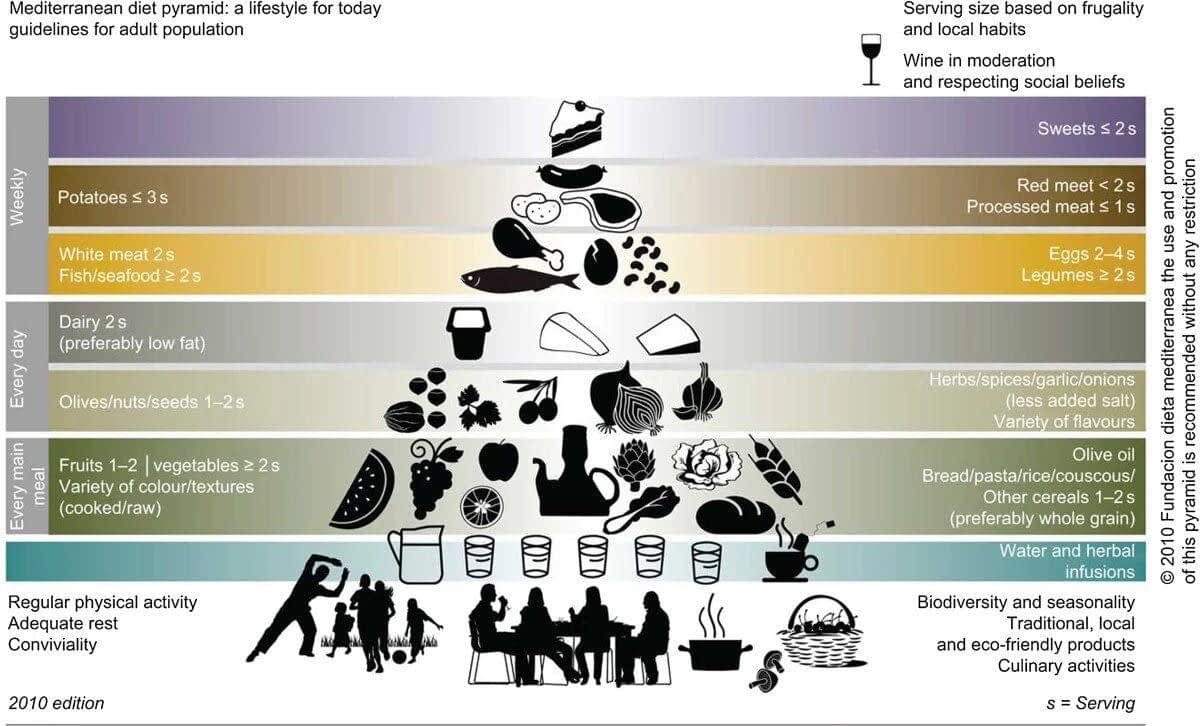U.S. News & World Report has named the Mediterranean diet the best for the eighth year.
The publication asked a panel of 69 medical doctors, registered dietitians, nutritional epidemiologists, chefs and weight loss researchers to analyze 38 popular eating plans across 21 categories.
When considering the ‘best overall diet’ category, the panelists compared the diets’ nutritional completeness, health risks and benefits, long-term sustainability and evidence-based effectiveness.
See Also:Health NewsThe Mediterranean diet was rated 4.8 out of 5, beating the DASH, Flexitarian and MIND diets for the best overall diet.
The panelists also identified the Mediterranean diet as the best eating program for arthritis, diabetes, diverticulitis, fatty liver, gut health, healthy eating, high cholesterol, inflammation, mental health and prediabetes.
Furthermore, they found the eating pattern, which also stipulates regular physical activity, adequate rest, socialization and drinking plenty of water, to be the easiest to follow.
“The Mediterranean diet focuses on quality and lifestyle rather than a single nutrient or food group,” senior health editor Shanley Chan and assistant managing editor Elaine Hinzey wrote.
The traditional diet of many olive-growing regions encourages eating fruits, vegetables, whole grain cereals and extra virgin olive oil at every meal with daily servings of nuts, olives seed and low-fat dairy and weekly servings of legumes, fish and seafood.

(Photo: Mediterranean Diet Foundation)
Instead of prohibiting the consumption of certain foods, the Mediterranean diet recommends one to two servings each week of red, white and processed meat with less than two servings of sweets.
“Numerous studies have shown that this dietary model reduces the risk of certain chronic health conditions, such as cardiovascular disease and Type 2 diabetes, while promoting longevity and improving quality of life,” Chan and Hinzet wrote.
Indeed, following the Mediterranean diet is associated with favorable health outcomes, including a lower risk of dementia, reduced risk of cardiovascular diseases and lower incidences of cancer.
Many of these improved outcomes are associated with the antioxidant properties of the polyphenols found in many extra virgin olive oil and vegetables, along with the olive oil’s monounsaturated fat and the omega‑3 fatty acids common in fish and seafood.
A range of recent research has also linked Mediterranean diet adherence with a lower risk of atrial fibrillation, positive oral health outcomes and alleviation of PTSD symptoms.
Furthermore, a low-carb Mediterranean diet was found to aid diabetes patients in achieving remission, while the Mediterranean diet and exercise were associated with better gut health in older adults.
U.S. News & World Report also identified the MIND diet as the best for brain health and the DASH diet as the most heart-healthy. Both diets include olive oil as a primary fat and are heavily influenced by the Mediterranean diet, which finished second in both categories.
The Mediterranean diet also finished second for high blood pressure (behind DASH), menopause (behind menopause), plant-based (behind flexitarian) and weight loss (behind WeightWatchers).









